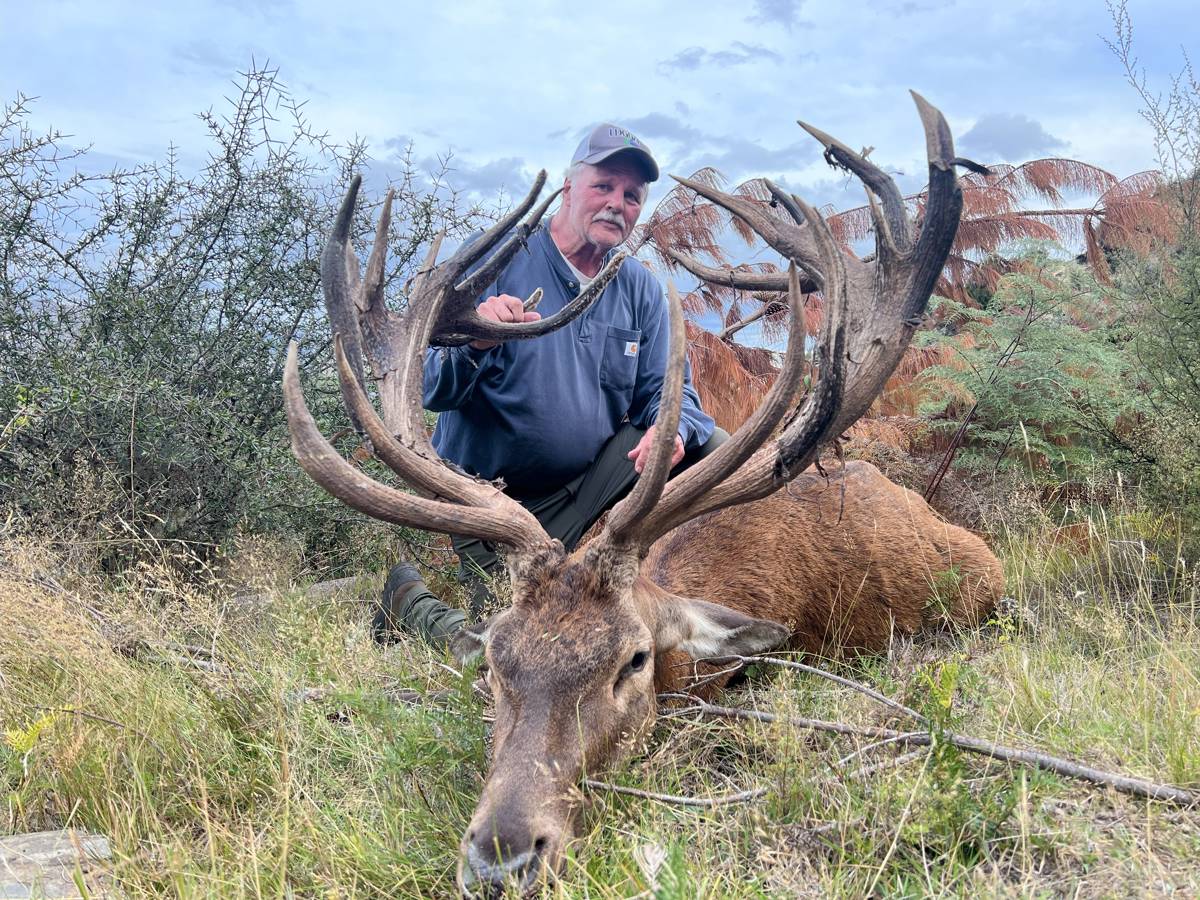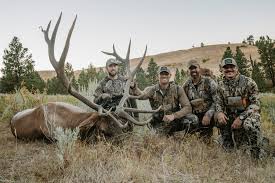
7 Interesting Facts about Elk Guide : A Tips to Understanding These Majestic Creatures
Elk hunting is an exhilarating pursuit that demands skill, patience, and knowledge of the animal’s behavior. Whether you’re a seasoned hunter or a newcomer to the sport, having a comprehensive guide can significantly enhance your chances of success. Here are seven expert tips to help you become a more effective elk hunter.
- Know Your Quarry: Understanding elk behavior, habitat preferences, and communication is crucial. Study elk biology and ecology to anticipate their movements and habits. Knowing when and where to find elk increases your chances of encountering them during hunting season.
- Scout Diligently: Successful elk hunting begins long before the season opens. Spend time scouting the area you plan to hunt, looking for signs such as tracks, droppings, rubs, and bedding areas. Use maps, trail cameras, and scouting trips to identify elk hotspots and plan your approach accordingly.
- Master Elk Calls: Elk are highly vocal animals, and mastering their calls can dramatically improve your hunting success. Learn elk guide to mimic the sounds of cows, bulls, and calves using diaphragm calls, bugles, and grunt tubes. Practice until you can produce realistic, convincing calls that attract elk within range.
- Stay Scent-Free: Elk have keen senses, particularly their sense of smell. Minimize your scent by using scent-free soaps and detergents, storing your hunting clothes in scent-proof bags, and applying scent-eliminating sprays before heading into the field. Pay attention to wind direction and use it to your advantage when stalking or setting up ambushes.
- Patience and Persistence: Elk hunting requires patience and persistence. It’s not uncommon to spend days or even weeks without seeing any elk. Stay focused, remain patient, and keep putting in the effort. Remember that elk can be unpredictable, and success often comes to those who persevere.
- Practice Shot Placement: Ethical hunting demands clean, humane shots that ensure a quick and humane kill. Practice shooting from various distances and positions to hone your marksmanship skills. Focus on shot placement, aiming for vital organs such as the heart and lungs to ensure a swift, ethical kill.
- Safety First: Safety should always be your top priority when elk hunting. Familiarize yourself with firearm safety rules, wear blaze orange to increase visibility to other hunters, and inform someone of your hunting plans before heading into the field. Be prepared for changing weather conditions and carry essential survival gear, including food, water, navigation tools, and emergency supplies.
In conclusion, elk hunting is a challenging yet rewarding pursuit that requires skill, dedication, and respect for the animal and its environment. By following these expert tips and techniques, you can increase your chances of success while enjoying a memorable and fulfilling hunting experience. Remember to hunt ethically, prioritize safety at all times, and cherish the opportunity to immerse yourself in the beauty of the natural world. Happy hunting!

